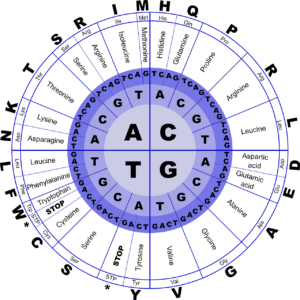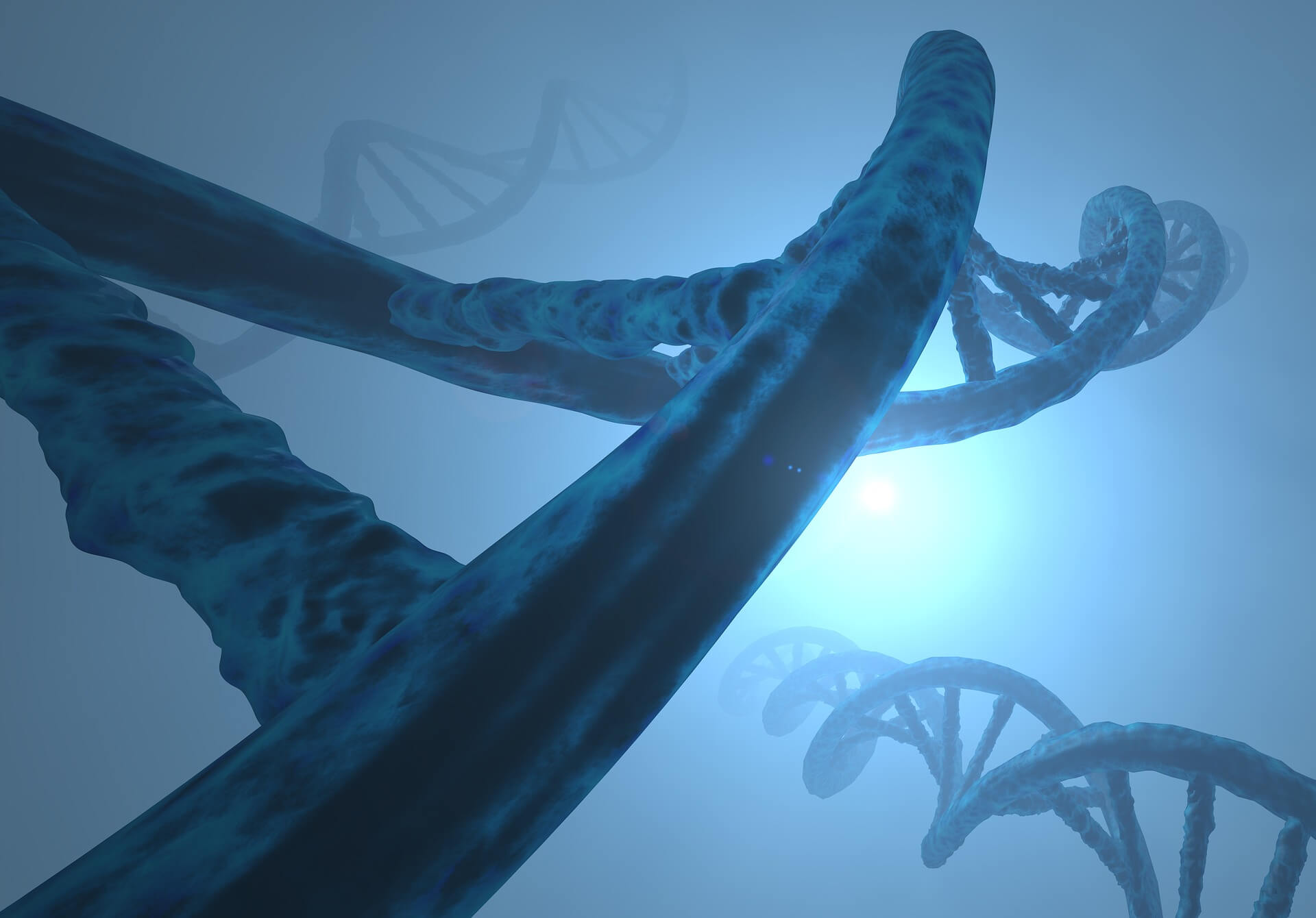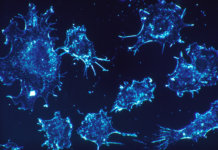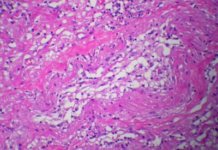Un polymorphisme de p53 favorable à la longévité
The p53 protein has been widely studied in recent decades for its predominant role in the development of cancers. Although it impacts human lifespan via its anti-tumor mechanism, its direct link with aging and longevity is far from being fully understood. A recent study published in eLife[1] looked at the subject by studying a polymorphism of the gene coding for p53 in order to understand its influence on longevity and the mechanisms associated with it.
It has long been known that the expression of the mutated gene encoding p53 modifies the function of the protein, with sometimes contradictory consequences in terms of longevity[2]. Moreover, the gene coding for p53 presents, in humans, a polymorphism common to its codon 72, inducing the expression of either a proline (P72) or an arginine (R72). Various epidemiological studies on this polymorphism and its association with the lifetime of individuals have highlighted the fact that the P72 allele increases the risk of premature cancers but is favourable to longevity. On the contrary, the R72 allele would better protect against cancer development but has no positive effect on longevity[3].
An in vivo experimental study of polymorphism


Until recently, very few, if any, experimental studies on this polymorphism had been done. But in this new study, experiments were conducted on mice genetically modified to carry the human gene. Results showed that the P72 allele had lower anti-tumor activity, but mice that did not develop cancer had a longer lifespan than mice with the other polymorphism. They also display an age-related phenotype later than other mice. Researchers believe that this is related to the functional and self-renewal capacities of stem cells, crucial in the fight against aging, which are better in these mice[2].
Experimental analyses in mice show results similar to those obtained from epidemiological studies in humans. This reinforces the idea that this polymorphism plays a role in longevity. Moreover, it has been preserved throughout evolution, suggesting its association with human sustainability. Finally, this experiment provides genetic evidence that the polymorphism of codon 72 of the human gene coding for p53 influences longevity in vivo.
References :
[1] Zhao et al. eLife 2018;7:e34701. DOI: https://doi.org/10.7554/eLife.34701.
[2] Peter L.J. de Keizer, Rémi‐Martin Laberge and Judith Campisi, p53: Pro‐aging or pro‐longevity? AGING, July 2010, Vol.2 No.7.
[3] Zhaohui Feng, Meihua Lin, and Rui Wu, The Regulation of Aging and Longevity: A New and Complex Role of p53, Genes & Cancer / vol 2 no 4 (2011).
Anne Fischer

Author
Auteur
Anne is studying medicine science at the Institute of Pharmaceutical and Biological Science in Lyon and she has graduated with a Bachelor’s degree in molecular and cellular biology at the University of Strasbourg.
More about the Long Long Life team
Anne étudie les sciences du médicament à l’Institut des Sciences Pharmaceutiques et Biologiques de Lyon. Elle est titulaire d’une licence en biologie moléculaire et cellulaire de l’Université de Strasbourg.
En savoir plus sur l’équipe de Long Long Life














